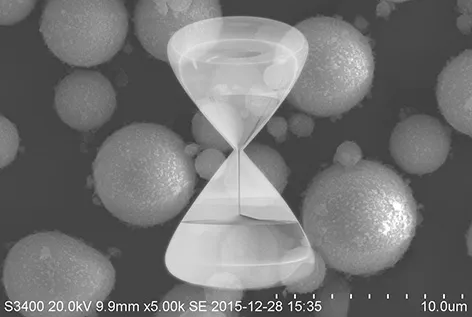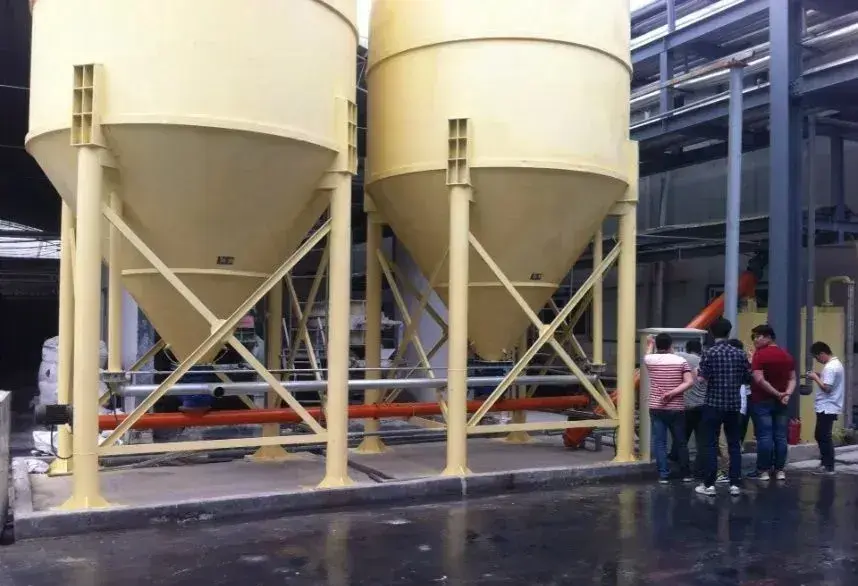Introduction to Ultrafine Grinding Technology
Ultrafine grinding machines reduce materials to particles smaller than 10μm, enabling enhanced material properties for diverse industries. These devices employ high-speed mechanical forces (e.g., impact, shear) or advanced methods like jet milling and cryogenic grinding. Key advantages include precise particle size control, improved solubility for pharmaceuticals, and energy-efficient processing of heat-sensitive substances. For example, food ingredients like spices gain uniform texture, while battery materials achieve higher reactivity through nanosizing
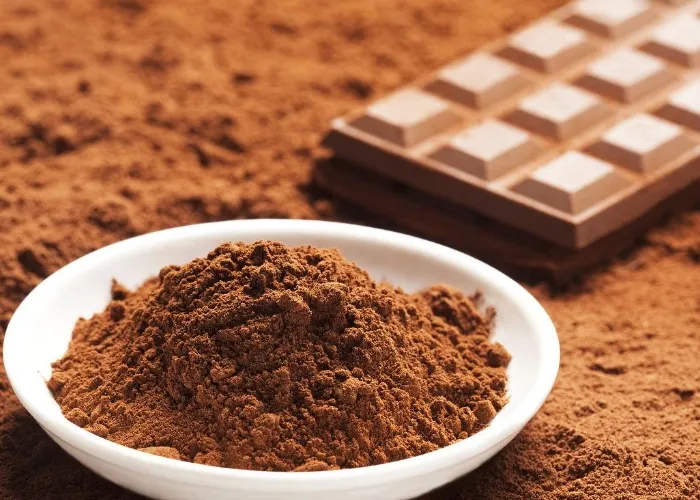
Material Categories and Applications
Metals and Ceramics
Ultrafine grinders process metals (e.g., titanium, iron) into powders for 3D printing and battery electrodes. Ceramic materials like silicon nitride and zirconia are refined for high-strength components in electronics and aerospace. For instance, semiconductor-grade quartz is ground to submicron levels for precision polishing.
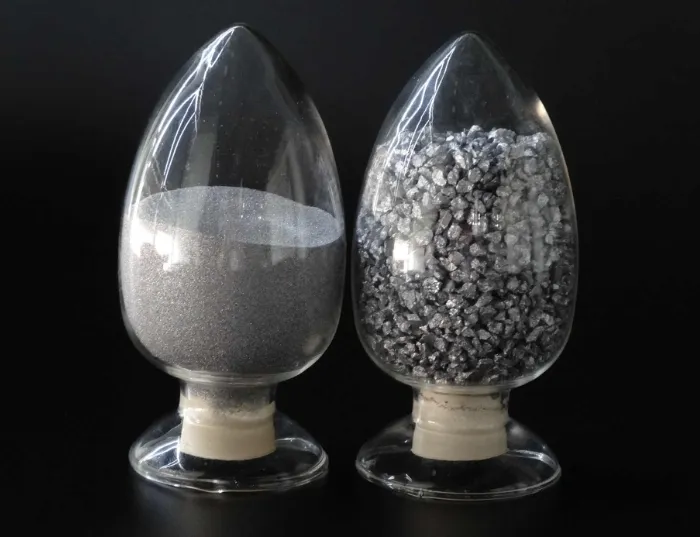
Non-Metallic Minerals
High-hardness materials: such as diamond and silicon carbide, undergo ultrafine grinding to achieve precise particle sizes. These materials are essential for producing industrial abrasives used in cutting, grinding, and polishing applications. Their fine powder form enhances efficiency and durability in manufacturing processes.
Soft minerals:including calcium carbonate and talc, are micronized to improve their functionality in various industries. Calcium carbonate enhances the texture and opacity of cosmetics and pharmaceutical formulations. Talc provides smoothness and absorbency, making it valuable in skincare, baby powder, and medicinal tablets.
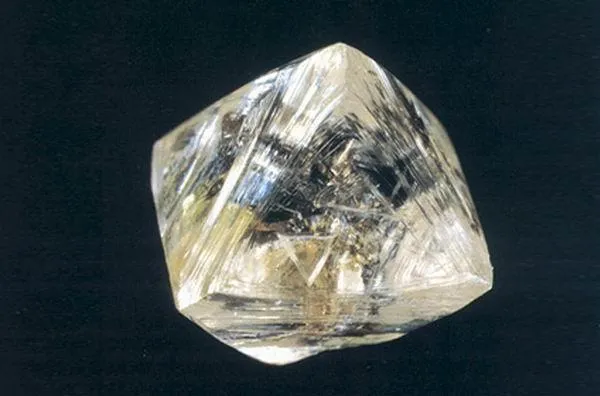
Chemicals and Polymers
Dyes and pigments undergo ultrafine grinding to achieve a more uniform particle size distribution. This process enhances color brightness, consistency, and stability in paints, inks, and coatings. Finer particles improve dispersion, preventing clumping and ensuring a smooth, even finish.
Polymers, such as recycled tire rubber, are cryogenically ground into ultra-fine powders as small as 10μm. This low-temperature grinding preserves material properties while enhancing flexibility and durability in rubber products. These finely ground rubber powders are widely used in tire manufacturing, seals, and shock-absorbing materials.

Food and Biomaterials
Food Processing:
Coffee beans and grains crushed by Ultrafine grinding machines reduce materials to particles smaller than 10μm, enabling enhanced material properties for diverse industries to achieve finer particle sizes, improving solubility and texture.
This process enhances the extraction of flavors and nutrients, making beverages richer and more aromatic. For example, wheat flour ground to 25μm ensures better hydration, optimizing dough stability and elasticity. Finer flour particles improve the consistency of baked goods, leading to softer textures and longer shelf life.
Biomaterials:
Herbal extracts and dietary fibers benefit from nanosizing, which enhances their bioavailability and functional properties. Reducing particle size increases the surface area, allowing for faster dissolution and better absorption in the body. For instance, sweet potato fiber, when ground into nanoscale particles, becomes easier to digest and more effective as a dietary supplement. These ultrafine biomaterials improve the nutritional value of functional foods, supplements, and pharmaceutical formulations.
Pharmaceuticals
In the pharmaceutical sector, ultrafine grinding plays a crucial role in enhancing the efficacy of drugs. Active pharmaceutical ingredients (APIs) often require ultrafine grinding to improve their bioavailability. For example, common painkillers like ibuprofen and paracetamol can be ground into ultrafine particles. This increases their surface area, enabling faster dissolution in the human body. Research shows that reducing the particle size of certain APIs can double or triple their bioavailability.
Pharmaceutical excipients such as lactose and starch also undergo ultrafine grinding. Lactose, a common filler in tablets, ensures better flowability and compressibility during tablet manufacturing when ground to the appropriate particle size. As a disintegrant, starch can more effectively break down tablets in the digestive system after ultrafine grinding.
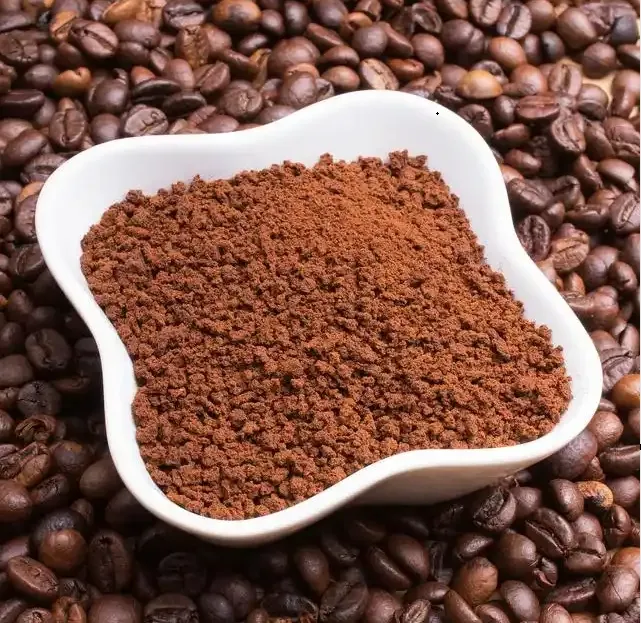
Cosmetics
The cosmetics industry leverages ultrafine grinding technology to create products with a smooth texture. Pigments, fillers, and active substances are ground into ultrafine particles. This not only improves the appearance of cosmetics but also enhances their performance. For example, ultrafine – ground titanium dioxide is used in sunscreen products to provide better UV protection.
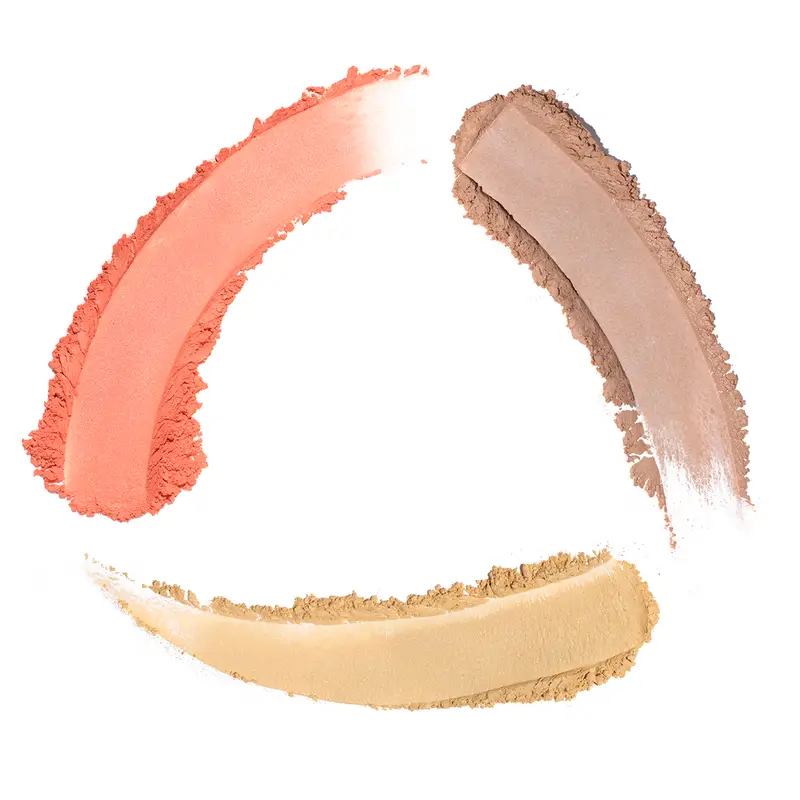
Industrial Case Studies
Battery Material Production
Ultrafine silicon-carbon anodes (particles <5μm) increase lithium-ion battery capacity by 30%. Jet mills with inert gas protection prevent metal oxidation during grinding.
Food Industry Innovations
Tea powder: Green tea ground to 10μm retains 95% of polyphenols, enhancing functional food formulations.
Fruit waste recycling: Apple pomace is micronized into dietary fiber additives, reducing food waste by 40%
Environmental Applications
Waste glass is pulverized into 20μm particles for eco-friendly concrete additives, cutting construction costs by 15%
Factors Affecting Material Processing
The characteristics of the materials to be processed play a key role in determining the appropriate grinding method. Hard materials like tungsten carbide may require more robust grinding techniques such as jet milling. For soft and sticky materials, mechanical grinding combined with careful temperature control can better prevent particle agglomeration.
Grinding parameters also significantly impact the particle size and quality of processed materials. For example, grinding time directly affects the degree of particle size reduction. Generally, the longer the grinding time, the smaller the particle size. However, excessive grinding may lead to overheating and contamination. Grinding speed and temperature also need to be optimized to achieve the desired results.
Conclusion
Ultrafine grinding machines are pivotal in transforming raw materials into high-value products across industries. From energy storage to sustainable food processing, advancements in particle control and eco-friendly designs will drive future innovations. As industries demand finer materials and greener processes, these technologies will remain central to global manufacturing and resource efficiency.
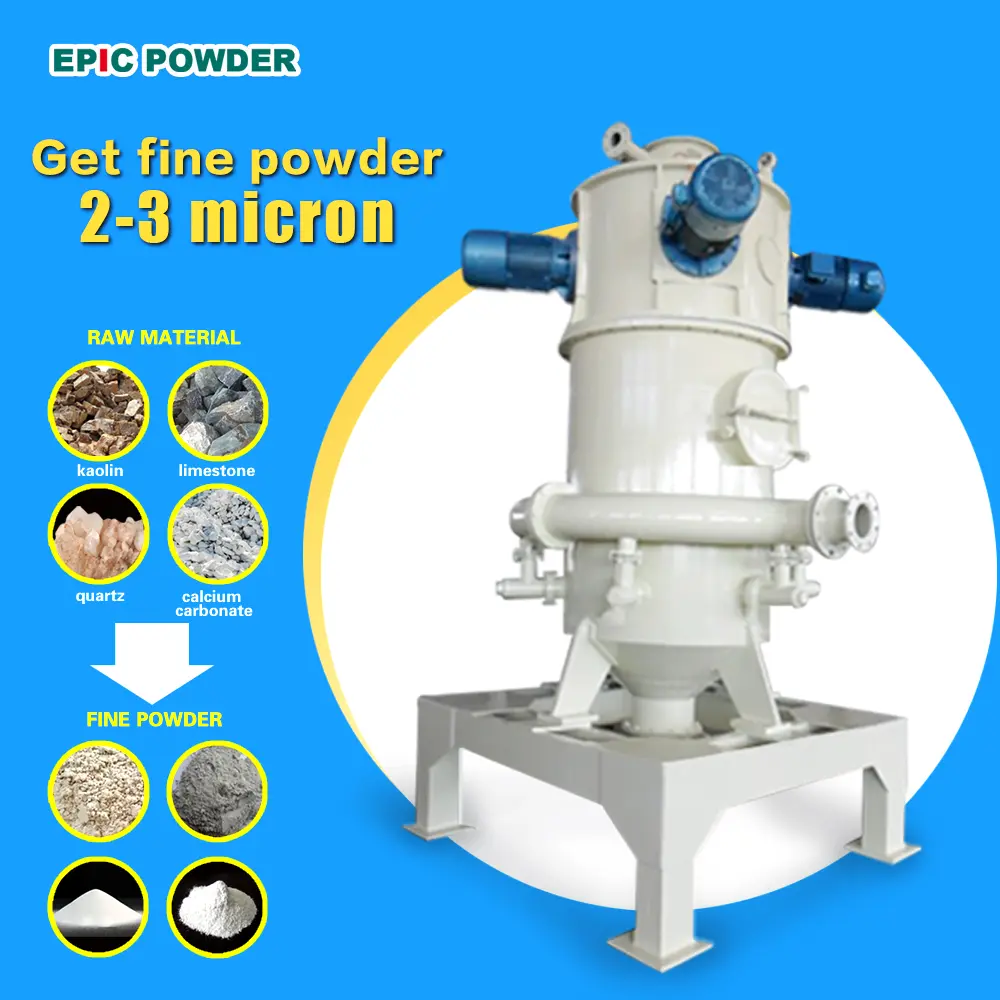
Epic powder contact details
Epic Powder, 20+ years of work experience in the ultrafine powder industry. Actively promote the future development of ultra-fine powder, focusing on crushing,grinding,classifying and modification process of ultra-fine powder. Contact us for a free consultation and customized solutions! Our expert team is dedicated to providing high-quality products and services to maximize the value of your powder processing. Epic Powder—Your Trusted Powder Processing Expert!
